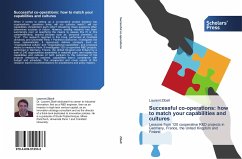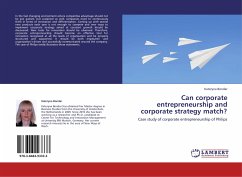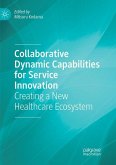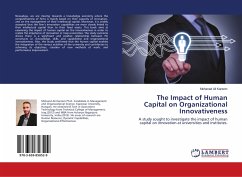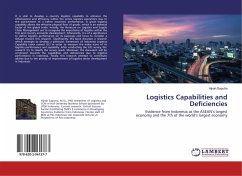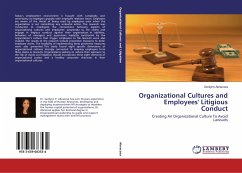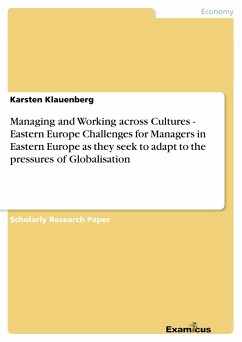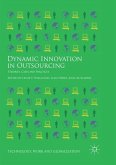When it comes to setting up a co-operative project between two organisations, questions arise: will our cultures match? will our capabilities complement each other? Answering these questions often determines success or failure. However, existing research has been surprisingly poor at specifying the means to assess this fit or this complementarity, beyond phrases such as personal chemistry or trust . The research reported in this book, performed at Cranfield University and Université Paris 1 Panthéon-Sorbonne, investigates the issue systematically. It rigourously defines concepts such as organisational culture and organisational capabilities , and proposes means to measure them. It investigates 120 co-operative R&D projects, performed in Germany, France, the United Kingdom and Finland by a total of 240 organisations assembled in matched pairs, and relates the capabilities and cultures of both partners to the outcomes of the projects (milestones reached, capabilities learnt, compliance with budget and schedule). The unexpected and novel results of this research lead to recommendations for practitioners and policy makers.
Hinweis: Dieser Artikel kann nur an eine deutsche Lieferadresse ausgeliefert werden.
Hinweis: Dieser Artikel kann nur an eine deutsche Lieferadresse ausgeliefert werden.

